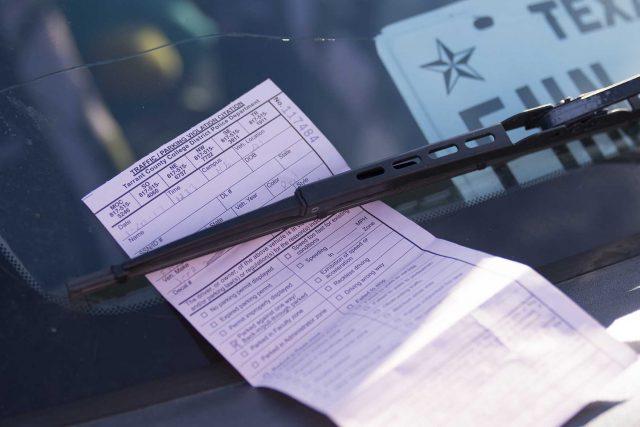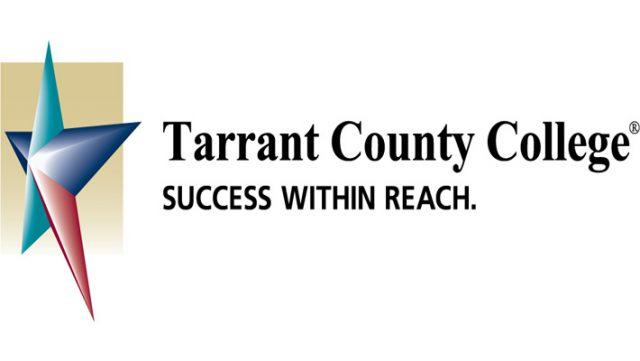By Lee Mendez/ tr news editor
All TCC students can participate in a NE Student Leadership Academy this semester to learn leadership methodology, philosophy and skills.
The academy began last semester with participants gathering on pre-determined dates to learn and discuss the different leadership styles present in everyday life. For the spring semester, eight more lectures will be offered by the academy, offering students the chance to expand their leadership tool kit.
Lorenzo Ramirez, a participant in this year’s academy, says he joined to “see how this could help me learn and give back to our campus.”
With aspirations of pursuing a career in the U.S. Coast Guard, Ramirez believes this program will help him “establish a good foundation on what it takes to be a good leader.”
Each week focuses on a specific aspect of leadership with different faculty members invited to speak to the group. All instructors who address the academy are graduates of the program themselves, a prerequisite for all academy instructors. The instructors come fully engaged to the meetings, asking questions about assigned readings covering leadership topics and promoting group discussions that help to solidify the meaning and intent of those lessons in the text.
English assistant professor Shewanda Riley, an academy instructor and Phi Theta Kappa Honor Society advisor, has led several of the lessons. She stresses the course relies on a textbook to demonstrate different leadership styles and theories, but that’s not all.
“There isn’t a single book or individual that is the final authority on leadership,” she said. “Leadership is often the ability for an individual to effectively collaborate with others in order to achieve a common goal.”
The academy, however, goes beyond the regular lecture format of most classrooms. Several sessions include practicums that require students to effectively use the communication skills essential to strong leadership.
One such exercise in the fall involved half of the group telling the other half how to build a square using asymmetrical shapes. Although the basis of the exercise was straightforward, the shapes used to build the square had to be arranged in a specific order to create the square perfectly. With no visual aids in sight and an abbreviated time frame, most groups failed to successfully complete the exercise.
NE student activities director Cara Walker says the lessons of the academy can be challenging in their scope, but students gain more.
“The academy is a place for students to gather and have fun while learning to become positive and effective leaders,” she said.
Ramirez shares that view.
“A lot of us look at failure as a bad thing,” he said. “But in reality, failure is another way to teach us how to approach a problem differently.”
But engaging instructors and challenging activities aren’t the only benefits to the academy. Several participants commented on how food offered at each lecture is a “definite bonus” to the value of each session. The academy meets at 6 p.m. on pre-determined Tuesdays and Thursdays, and the meals offered at these sessions allow students to focus on the lessons rather than on a grumbling stomach.
“I really like the food! Who can argue with that?” Ramirez said.
However, he truly looks forward to the different perspectives he has encountered from the lectures and group discussions.
“I like that there are different instructors that come and teach,” he said. “Everyone has their own views and knowledge that pertain to leadership.”
The academy will resume Jan. 31, and upon successful completion, participants will receive a certificate and recognition at the campuswide Awards and Recognition Ceremony in April.
If interested in attending the Student Leadership Academy, students can contact Walker at 817-515-6234 or cara.walker@tccd.edu for more information on meeting dates and times.



























